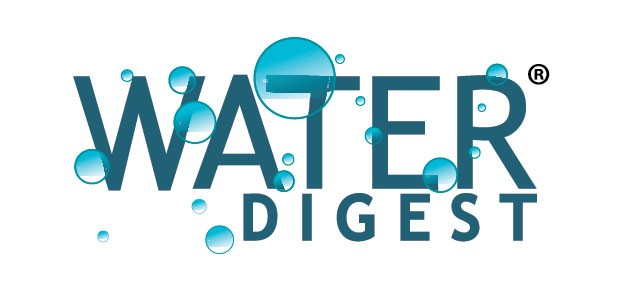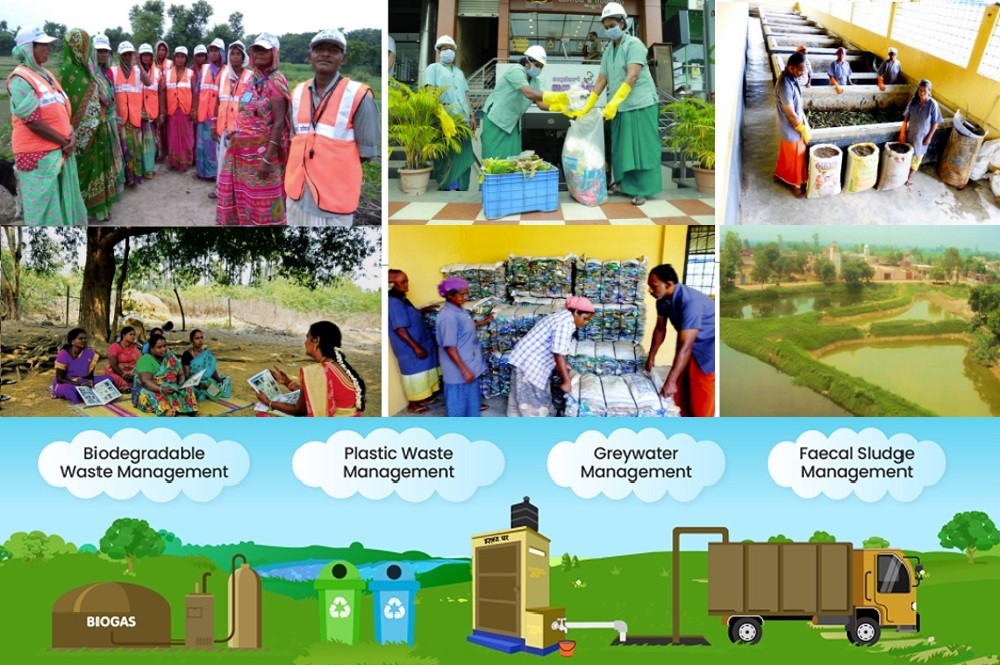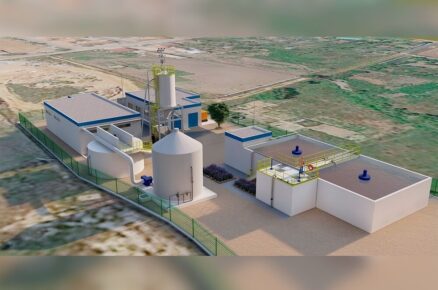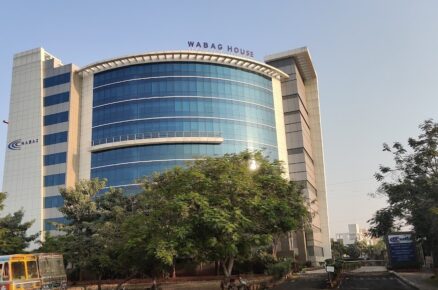• Nearly 3 lakh villages declare themselves ODF Plus – a significant step towards achieving SBM-G phase-II goals by 2024-25
• Top performing states/UTs include Telangana, Karnataka, Tamil Nadu, Uttar Pradesh, Goa, Andaman & Nicobar Islands, Dadra Nagar Havelli, Daman Diu and Lakshadweep
WD News: The country has achieved yet another major milestone under the Swachh Bharat Mission Gramin (SBM-G) with half of the total villages in the country i.e., 50% villages achieving ODF Plus status under phase II of the mission.
An ODF Plus village is one which has sustained its Open Defecation Free (ODF) status along with implementing either solid or liquid waste management systems. As on date, more than 2.96 lakh villages have declared themselves ODF Plus, which is a significant step towards achieving the SBM-G phase II goals by 2024-25.
The top performing states in terms of percentage of ODF Plus villages are – Telangana (100%), Karnataka (99.5%), Tamil Nadu (97.8%) & Uttar Pradesh (95.2%) among the big states and Goa (95.3%) and Sikkim (69.2%) among small states, are the top performers. Among UTs, Andaman & Nicobar Islands, Dadra Nagar Havelli & Daman Diu and Lakshadweep have 100% ODF Plus Model villages.
Of the 2,96,928 ODF Plus villages, 2,08,613 villages are ODF Plus aspiring villages with arrangements for solid waste management or liquid waste management, 32,030 villages are ODF Plus rising villages with arrangements for both solid waste management and liquid waste management and 56,285 villages are ODF Plus model villages.
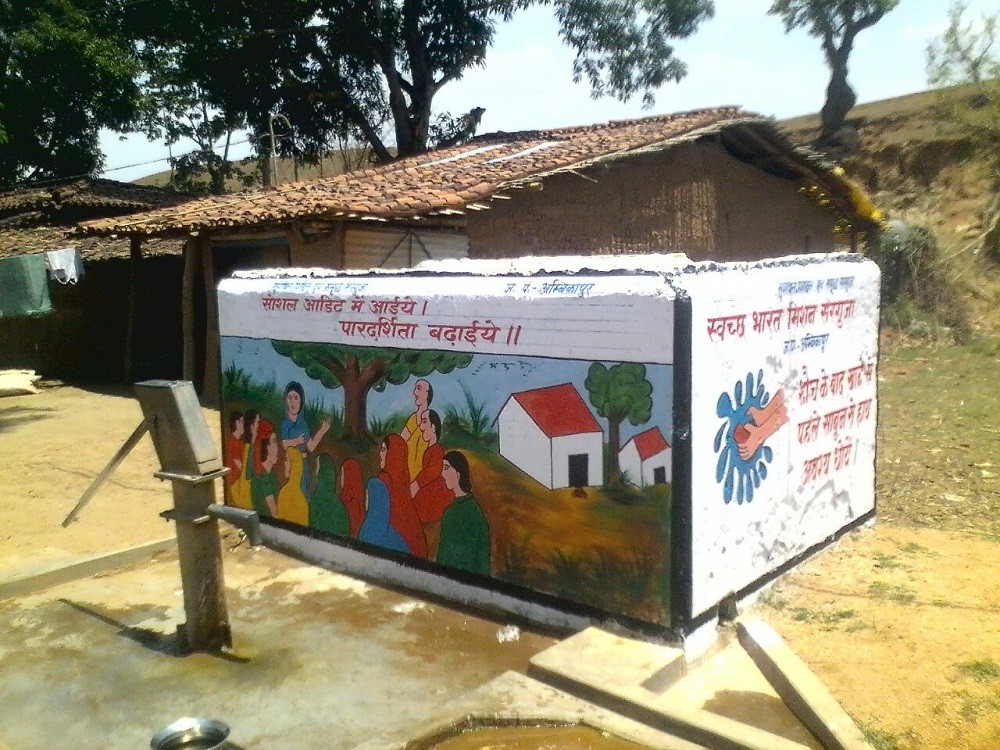
ODF Plus Model village is one which is sustaining its ODF status and has arrangements for both solid waste management and liquid waste management; observes visual cleanliness, i.e., minimal litter, minimal stagnant wastewater, no plastic waste dump in public places; and displays ODF Plus Information, Education & Communication (IEC) messages. So far, 1,65,048 villages have arrangements for solid waste management, 2,39,063 villages have arrangements for liquid waste management, 4,57,060 villages have minimal stagnant water while 4,67,384 villages have minimal litter.
Between 2014-15 and 2021-22, the central government has allocated a total of Rs. 83,938 crores to Swachh Bharat Mission Grameen. The allocation for the year 2023-24 is Rs. 52,137 crore. In addition to the SBM(G) funds, there is clear allocation of 15th FC funds for sanitation. These funds have been utilised to build sanitation assets, promote behaviour change, and implement solid and liquid waste management systems.
In terms of plastic waste management, 831 plastic waste management units and 1,19,449 waste collection & segregation sheds have been set-up. The plastic is cleaned, shredded, bailed and transported for use in road construction as per the guidelines issued by the Ministry of Road Transport & Highways and also as a fuel in cement factories, etc. More than 1 lakh gram panchayats have passed resolution for ban on Single Use Plastic (SUP).
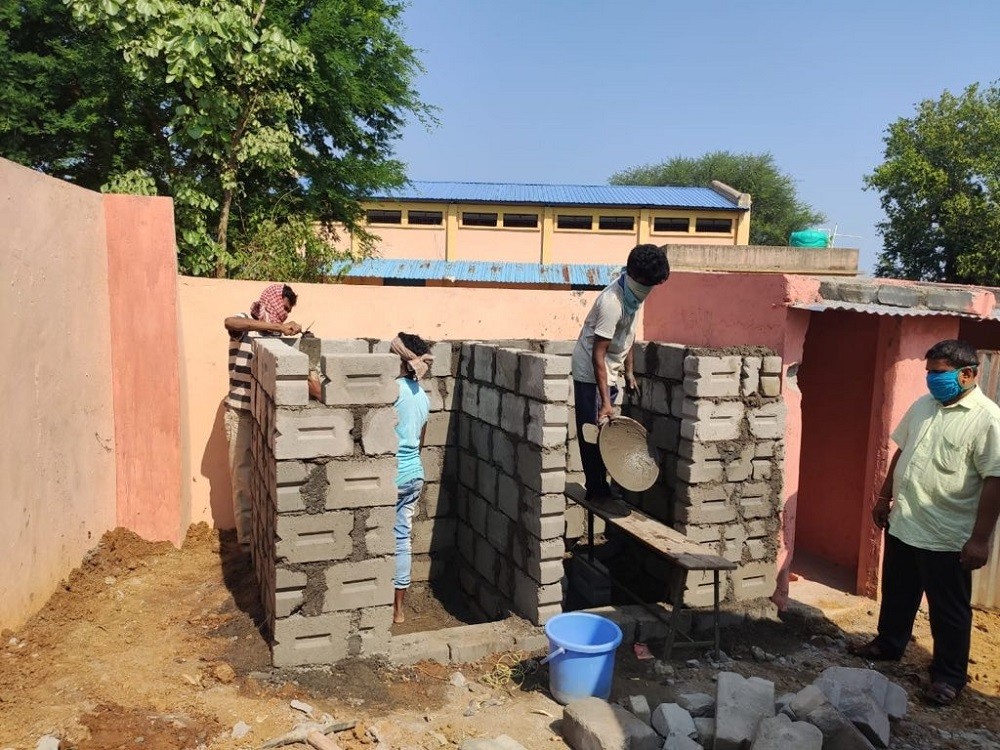
683 Functional Bio-Gas/CBG Plants Set-up Across 206 Districts – 3,47,094 Community Compost Pits Constructed
For bio-degradable waste management at the household level, people are being encouraged to segregate their dry and wet (organic) waste at source for composting at the community level with 3,47,094 community compost pits constructed, as on date. GOBARdhan, which stands for Galvanising Organic Bio-Agro Resources-dhan, is an initiative to support biodegradable waste recovery, conversion of waste into resources and for creating clean and green village. It is a ‘waste to wealth’ initiative wherein waste generated in villages is used to generate bio-gas/CBG as well as bio-slurry/bio-fertiliser and is in tune with the circular economy and Mission LiFE initiatives of GoI. 683 functional bio-gas/CBG plants have been set up across 206 districts.
22 Lakh Soak Pits (Community and Household) Constructed to Manage Grey Water
For grey water management i.e. wastewater generated from everyday household chores like cleaning, cooking, bathing, etc in villages that do not have drainage systems, soak pits/leach pits or magic pits at household and community level can effectively treat grey water. A special campaign, Sujlam was undertaken and approximately 2.2 million (22 lakh) soak pits (community & household pits) were made to manage grey water. Now, Sujalam 3.0 has been launched for holistic and convergent greywater management.
For faecal sludge i.e.wastewater generated from toilets, SBM(G) ensures effective management of faecal sludge, by supporting districts to strengthen mechanised desludging of on-site sanitation systems and establishing treatment units for the safe disposal of faecal sludge. FSM is managed at household level via provision of retrofitting of toilets into twin pit toilets (or similar systems) and managed at village level by treatment at Sewage Treatment Plants (STPs)/ Faecal Sludge Treatment Plant (FSTPs) located in urban areas for villages in proximity to urban areas, FSTPs for cluster of villages that cannot be linked to existing treatment systems, and deep row entrenchment for cluster of villages or a large isolated village where FSTP is not feasible. Currently, 591 FSTPs are functional.
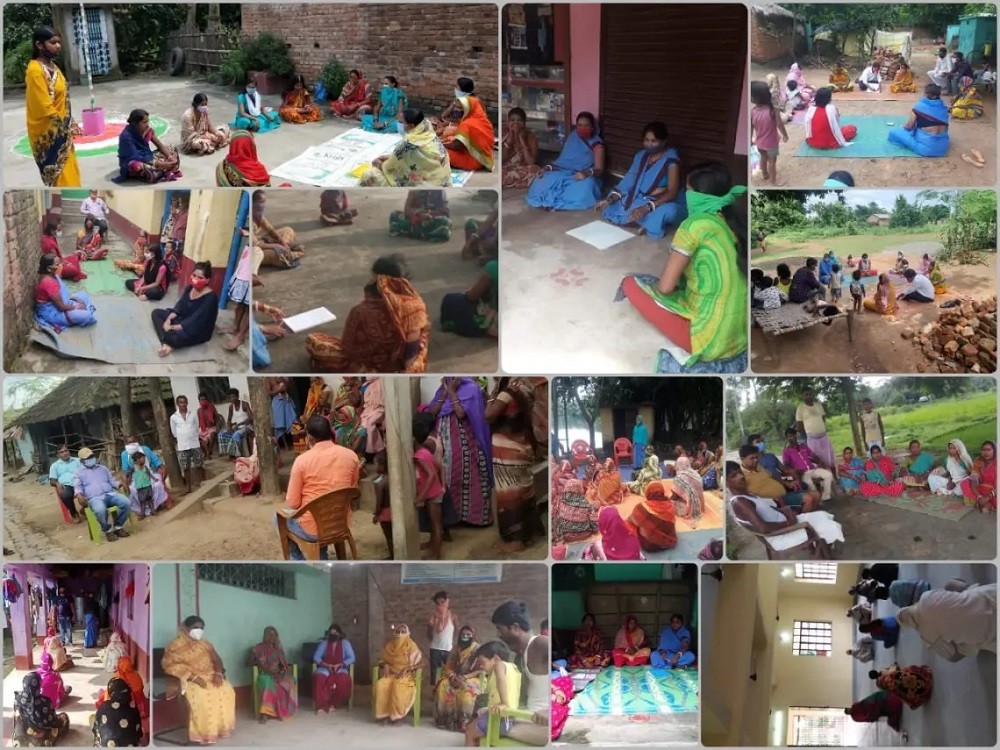
Recent Initiatives Undertaken by the Department of Drinking Water and Sanitation Under Swachh Bharat Mission – Grameen
Swachh Survekshan Grameen (SSG)
• Swachh Survekshan Grameen (SSG) is being conducted since 2018 to rank the states and districts on the basis of their performance on key quantitative and qualitative Swachh Bharat Mission Grameen parameters.
• This year, SSG 2023 is being conducted with an objective to make it more participatory by introducing Panchayat Self-Assessment on ODF Plus parameters.
• As on date, more than 99% Gram Panchayats completed their baseline self-assessment and currently all GPs are undertaking peer verification.
Retrofit to Twin Pit Abhiyan
• To ensure safe disposal of faecal sludge in rural areas, Retrofit to Twin Pit Campaign was launched
• This campaign focusses on safe disposal of faecal sludge through simple on-site methodology, i.e., twin pits and retrofitting of toilets, particularly converting single pit toilets to twin-pit toilets and safe management of effluent from septic tanks by construction of additional pit.
• As on date, nearly 5 lakh retro-fittings have been completed.
Swachh Iconic Places
• Initiative wherein all stakeholders are involved for maintaining cleanliness of 100 places across India that are “iconic” due to their heritage, religious and/or cultural significance, i.e., Ajmer Sharif Dargah, Ajmer, Rajasthan, CST, Mumbai, Maharashtra, Golden Temple, Amritsar, Punjab, Kamakhya Temple, Guwahati, Assam, Maikarnika Ghat, Varanasi, Uttar Pradesh, Meenakshi Temple, Madurai, Tamil Nadu, etc.
• In the last four phases, 39 iconic places and heritage sites of historical, spiritual, and cultural significance have been selected and Public Sector Undertakings (PSUs) are financially supporting the SIP sites.
• Currently, 29 SIP sites out of 39 have been mapped with PSUs.
Other Activities
• Launch of SBM 2.0 Mobile App to capture SLWM progress
• Engaging women SHGs (Self Help Groups) in SLWM and providing them with income generation opportunities, and
• SBM Academy – IVRS based (online course)
Source: PIB
Image courtesy: SBMGramin
